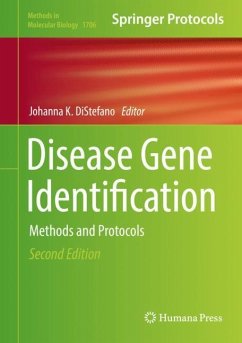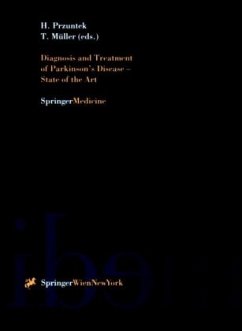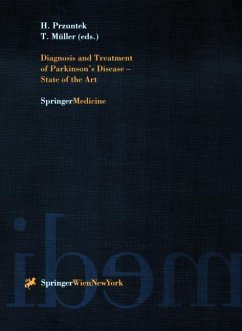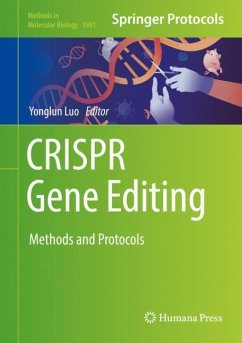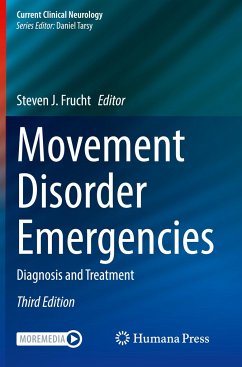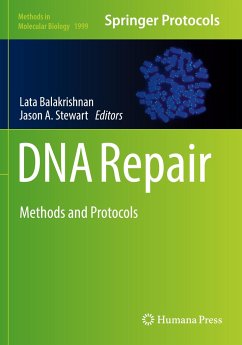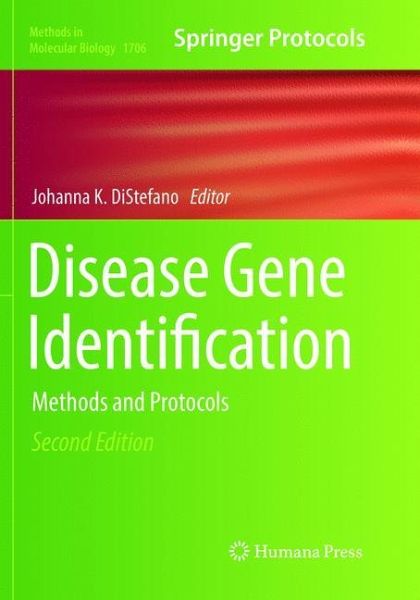
Disease Gene Identification
Methods and Protocols
Herausgegeben: DiStefano, Johanna K.
Versandkostenfrei!
Versandfertig in 6-10 Tagen
91,99 €
inkl. MwSt.

PAYBACK Punkte
46 °P sammeln!
This volume presents detailed laboratory procedures in an easy to follow format that can be carried out with success by investigators lacking previous exposure to a specific research method. Chapter guide readers through the application of molecular approaches to disease gene identification and overviews, and case studies are also presented. Written in the highly successful Methods in Molecular Biology series format, chapters include introductions to their respective topics, lists of the necessary materials and reagents, step-by-step, readily reproducible laboratory protocols, and tips on trou...
This volume presents detailed laboratory procedures in an easy to follow format that can be carried out with success by investigators lacking previous exposure to a specific research method. Chapter guide readers through the application of molecular approaches to disease gene identification and overviews, and case studies are also presented. Written in the highly successful Methods in Molecular Biology series format, chapters include introductions to their respective topics, lists of the necessary materials and reagents, step-by-step, readily reproducible laboratory protocols, and tips on troubleshooting and avoiding known pitfalls.
Authoritative and practical, Disease Gene Identification: Methods and Protocols, Second Edition aims to help with the identification and characterization of many more disease-related genes and provide novel, and effective strategies for disease treatment and prevention.
Authoritative and practical, Disease Gene Identification: Methods and Protocols, Second Edition aims to help with the identification and characterization of many more disease-related genes and provide novel, and effective strategies for disease treatment and prevention.



